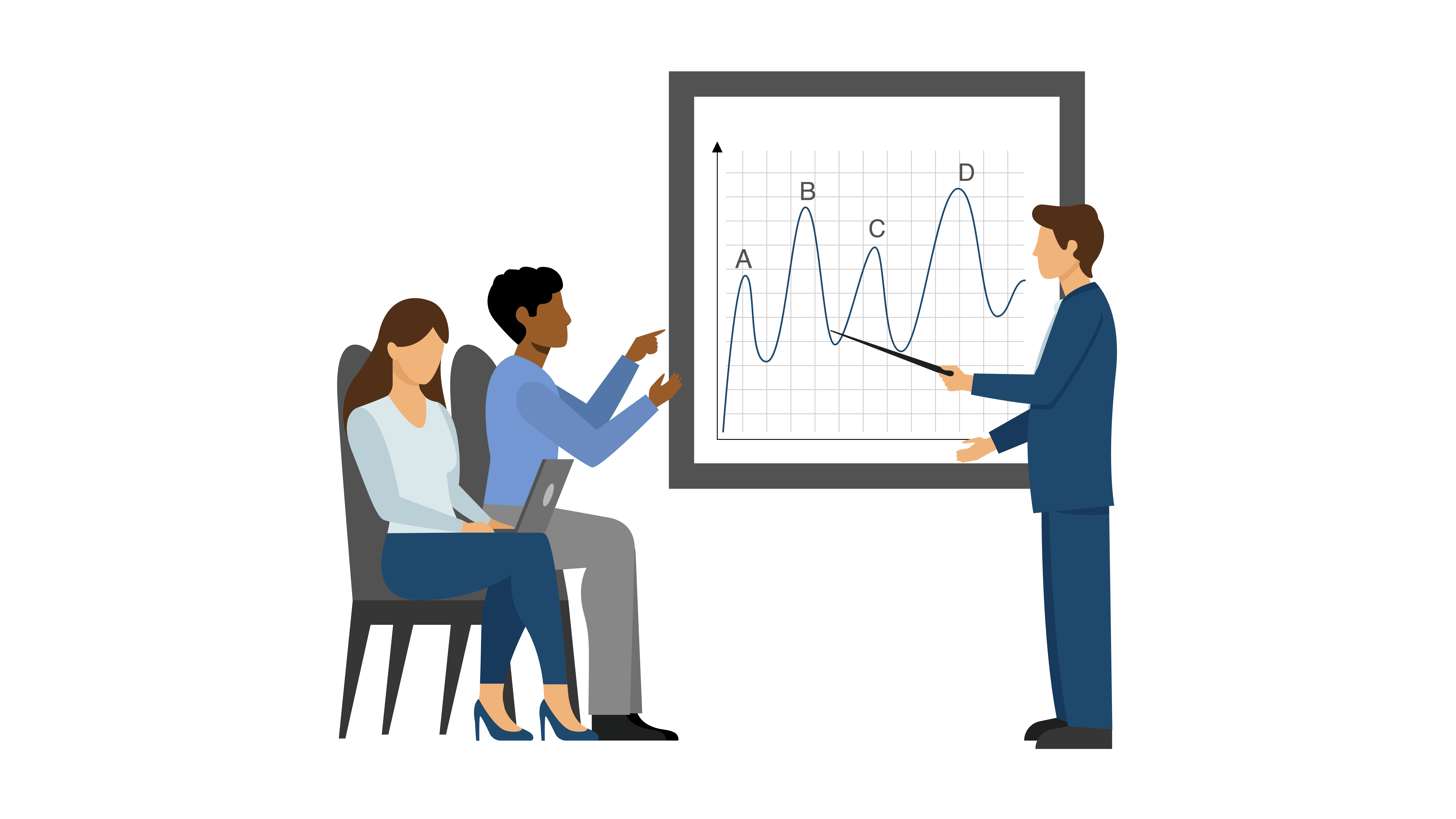All Categories
Featured
Modern businesses require central locations to store customer data platforms (CDPs). This is a vital tool. These applications offer more precise and comprehensive view of the customer, which can be used to provide targeted marketing and personalized customer experience. CDPs offer many features such as data management, data quality and data formatting. This allows customers to be compliant in how they are stored, used, and accessed. With the capability to pull data from various APIs such as CDPs can also pull data from other APIs. CDP can also help organizations make the customer the center of their marketing campaigns and enhance their operations. It also allows them to make their customers feel valued. This article will explore the benefits of CDPs for companies.
cdp analytics
Understanding the concept of CDPs. The Customer data platform (CDP) is a piece of software that allows businesses to gather, store and manage the customer's information from one central location. This provides a more accurate and complete view of the customer. This can be utilized for targeted marketing and more personalized experiences for customers.
-
Data Governance: The ability of a CDP to safeguard and manage the information that is incorporated is one of its key characteristic. This can include division, profiling and cleansing on the data coming in. This is to ensure compliance with data rules and regulations.
-
Quality of Data: It is essential that CDPs ensure that the data collected is high-quality. This means that the data has been properly input and has the required specifications for quality. This reduces the need for storage, transformation, and cleaning.
-
Data Formatting Data Formatting CDP can also be utilized to ensure that data follows the predefined format. This makes sure that certain types of data, like dates, match across customer information and that the information is entered in a clear and consistent manner. cdps
-
Data Segmentation Data Segmentation CDP can also facilitate the segmentation of customer information so that you can better understand different customer groups. This lets you compare different groups to one another to determine the correct sample distribution.
-
Compliance The CDP helps organizations manage customer information in accordance with the law. It permits you to define secure policies and categorize information according to the policies. You may also be able to detect the violation of policies when making decisions about marketing.
-
Platform Selection: There's a wide range of CDPs available, and it is important to be aware of your requirements prior to selecting the best one. This involves considering features like data privacy and the ability to pull data from various APIs. cdp data platform
-
The Customer at the Center: A CDP allows the integration of real-time data about customers. This will give you the immediate accuracy, precision, and unity that every marketing department requires to increase efficiency and connect with customers.
-
Chat, Billing and More Chat, billing and more CDP helps to locate the context for fantastic discussions, regardless of whether you are looking at billing or prior chats.
-
CMOs and big data Sixty-one percent of CMOs believe they are not leveraging enough big data according to the CMO Council. A CDP could help overcome this by providing the complete picture of the customer and allowing the more effective use of data to improve marketing and customer engagement.
With numerous various types of marketing innovation out there every one usually with its own three-letter acronym you may question where CDPs originate from. Although CDPs are among today's most popular marketing tools, they're not a totally new concept. Rather, they're the current step in the advancement of how marketers manage client information and consumer relationships (Customer Data Platform Cdp).

For many marketers, the single greatest worth of a CDP is its ability to sector audiences. With the capabilities of a CDP, online marketers can see how a single consumer communicates with their company's different brands, and identify chances for increased customization and cross-selling. Obviously, there's much more to a CDP than segmentation.
Beyond audience segmentation, there are three huge reasons why your business might desire a CDP: suppression, customization, and insights. Among the most fascinating things online marketers can do with information is determine clients to not target. This is called suppression, and it's part of providing genuinely tailored client journeys (Cdp's). When a customer's unified profile in your CDP includes their marketing and purchase information, you can suppress ads to customers who have actually already made a purchase.

With a view of every consumer's marketing interactions connected to ecommerce data, site check outs, and more, everyone throughout marketing, sales, service, and all your other teams has the possibility to understand more about each client and provide more customized, appropriate engagement. CDPs can help online marketers deal with the origin of a number of their biggest everyday marketing issues (Cdps).
When your data is disconnected, it's more hard to comprehend your consumers and develop meaningful connections with them. As the number of information sources utilized by marketers continues to increase, it's more crucial than ever to have a CDP as a single source of fact to bring everything together.
An engagement CDP utilizes customer information to power real-time personalization and engagement for customers on digital platforms, such as sites and mobile apps. Insights CDPs and engagement CDPs make up the bulk of the CDP market today. Very couple of CDPs consist of both of these functions similarly. To select a CDP, your business's stakeholders need to think about whether an insights CDP or an engagement CDP would be best for your requirements, and research study the few CDP options that consist of both. What is a Customer Data Platform.
Redpoint GlobalLatest Posts
CDPs and the Importance of Data Governance for CMOs
Creating a 360-degree View of the Customer with a CDP
How CDPs Help Organizations Stay Compliant with Data Regulations and Policies